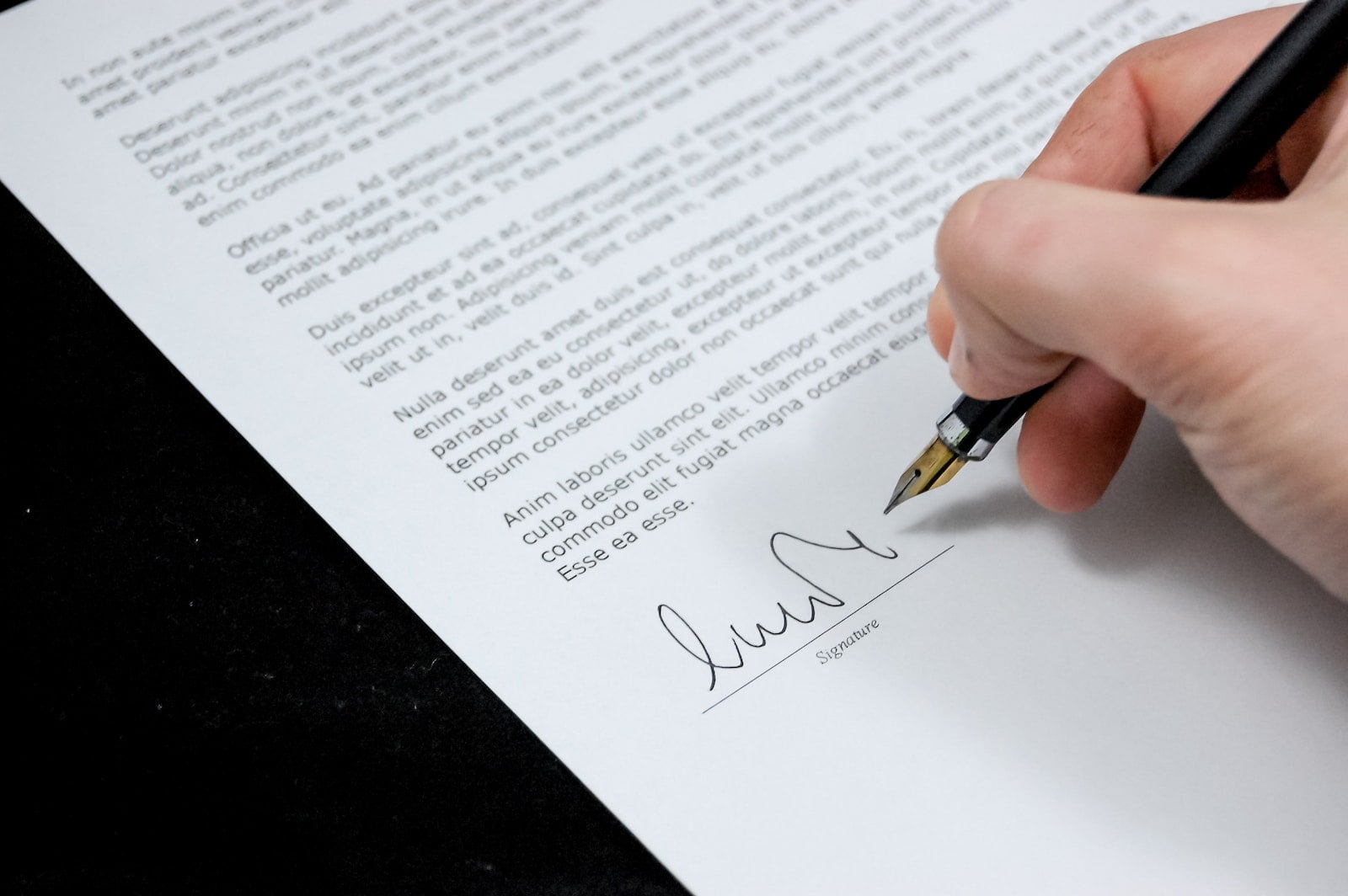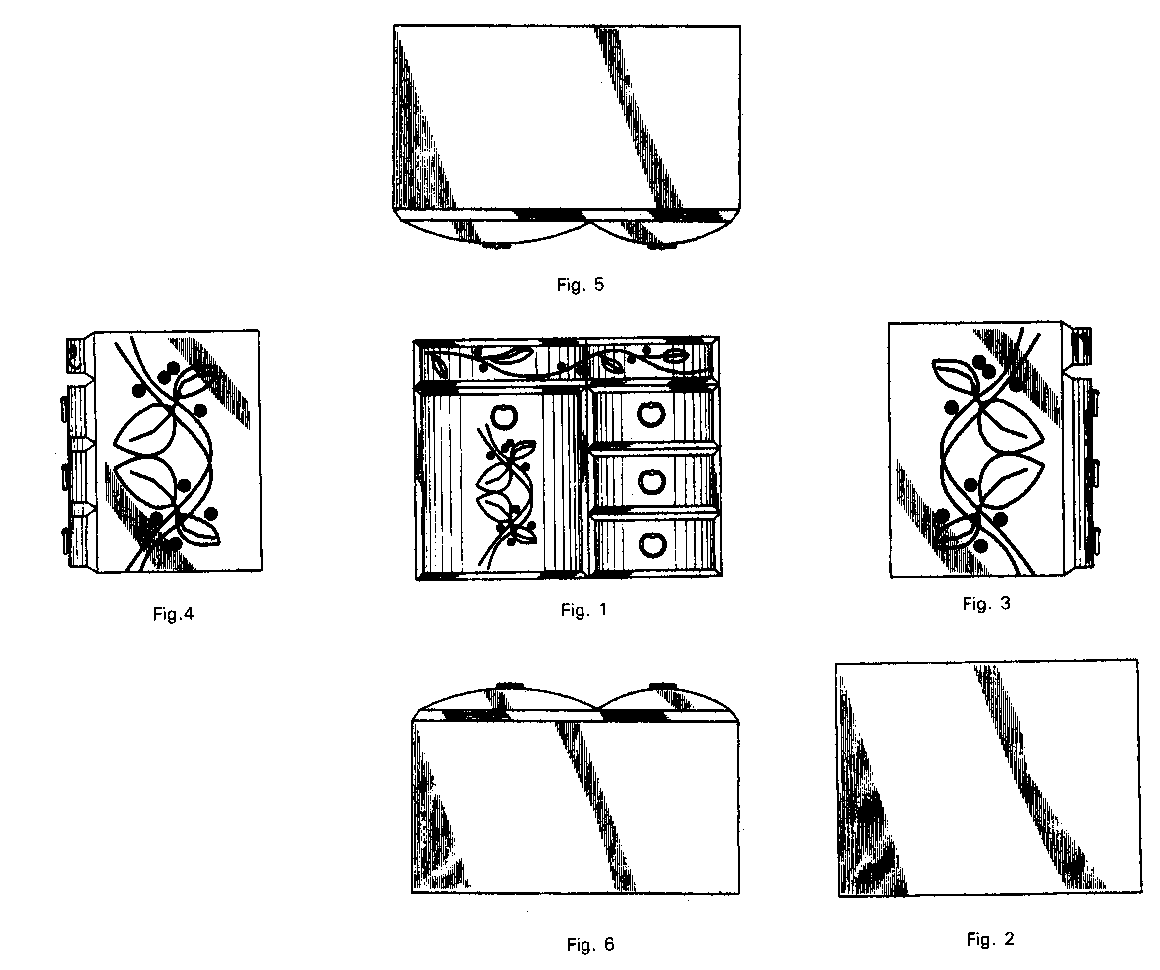NDA Patent: Everything You Need to Know
An NDA patent is one of the most effective solutions for protecting your invention.3 min read
An NDA patent is one of the most effective solutions for protecting your invention. If you’re revealing your invention to potential investors, a non-disclosure agreement (NDA) can prevent your invention from being publicly revealed and copied.
NDAs for Patents
An invention non-disclosure agreement is a useful tool for preventing anyone from being able to steal your invention.
If you have an idea for a product, but have not yet executed the idea, an NDA can be very valuable. For instance, you may want to reveal aspects of your idea to potential investors, including:
- An overview of the invention.
- Strategies for creating and selling the product.
- A prototype of your invention.
Having an NDA in place before you begin the patenting process will help you secure your invention. Before you reveal your idea, have the investor sign the NDA. The agreement should clearly state that the information you are revealing is confidential and that misappropriating the information may result in consequences.
Risks of Not Having an NDA
Revealing an idea or invention without an NDA in place can be very risky, and may even result in the loss of your ability to patent an idea. For instance, if you disclose your invention publicly before filing a patent application, you may lose your future patent rights. Fortunately, there are some exceptions to this rule. In the United States, for example, you have a one-year period from the first public reveal of your invention to the time you file your patent application.
With an NDA in place, you can reveal your invention without putting your patent rights at risk. Having someone sign an NDA and then revealing your invention constitutes a private disclosure.
Not having an NDA in place when you tell someone else about your invention means your idea could be easily stolen. If you disclose your invention to someone but don’t make them sign an NDA, they could turn around and patent your idea for themselves, leaving you with little legal recourse.
Types of NDAs
If you want to use an NDA to protect your idea, there are two types of agreements that you could implement. The first is a one-way NDA. A one-way NDA is the most common choice when only one party is revealing private information, which would usually be the case when disclosing an invention. With this type of agreement, only information provided by the disclosing party has protection.




